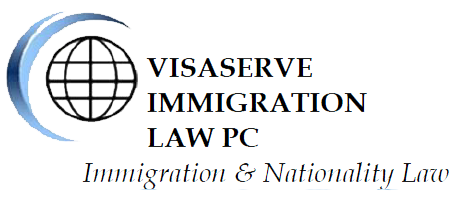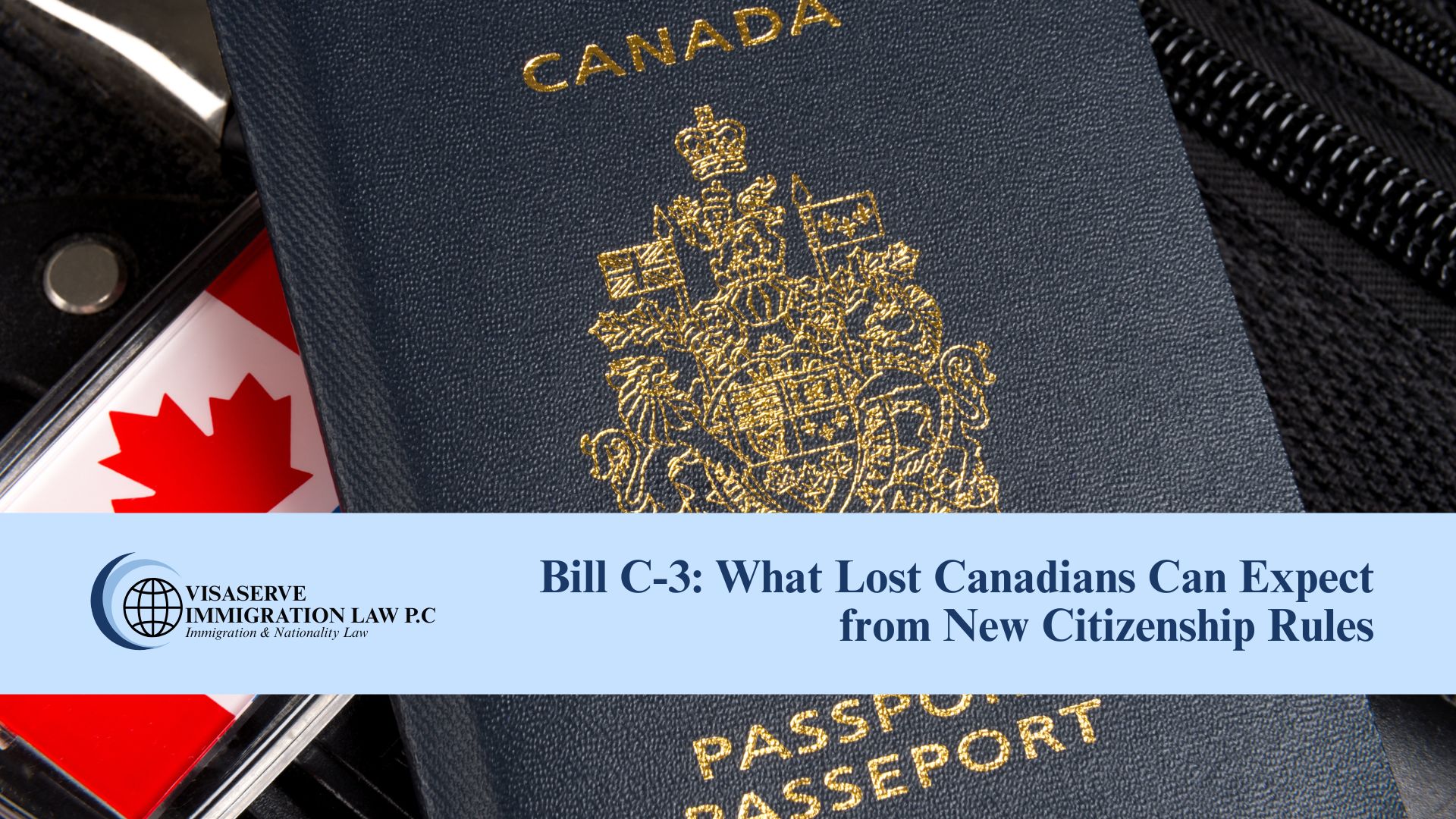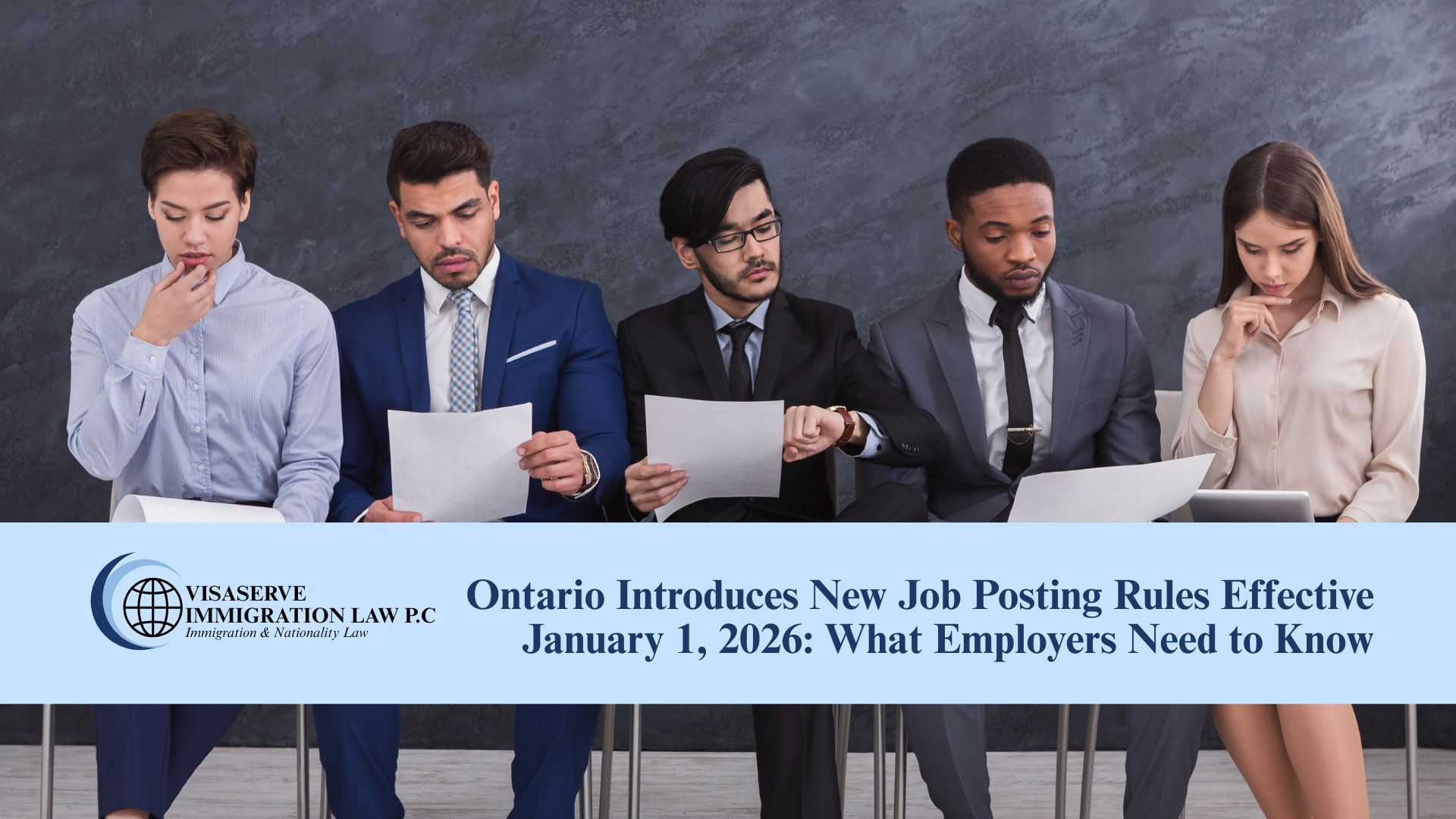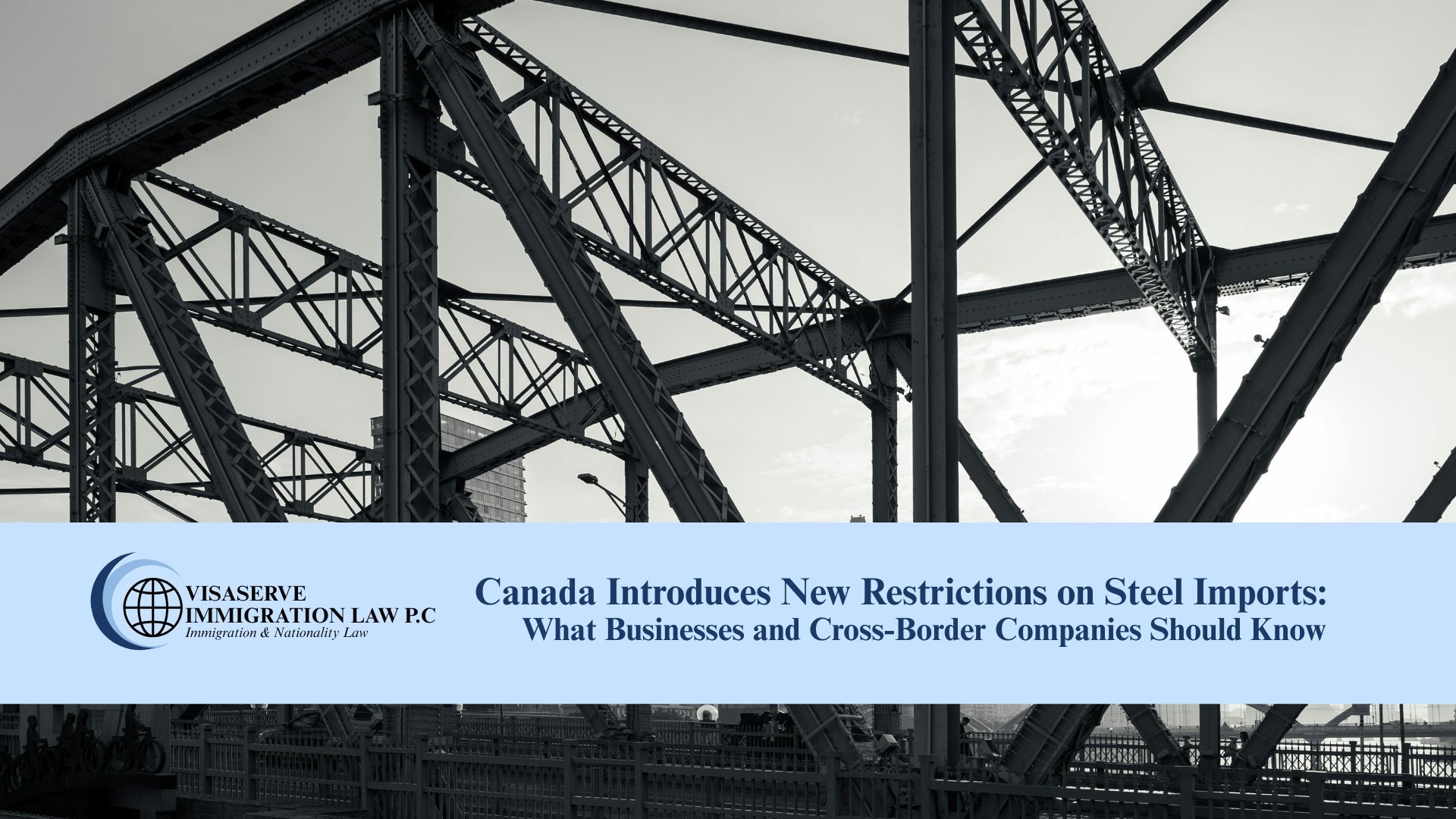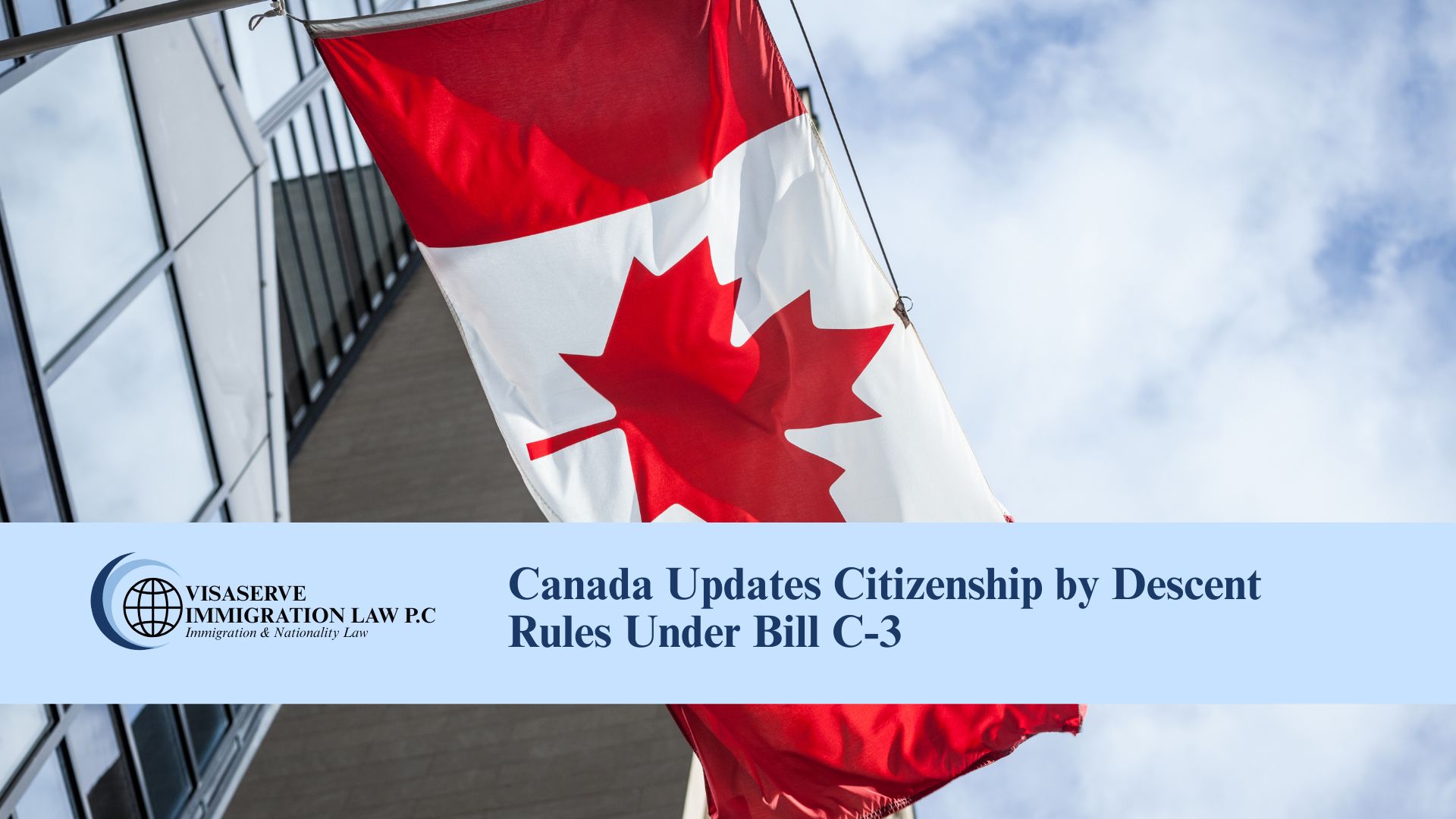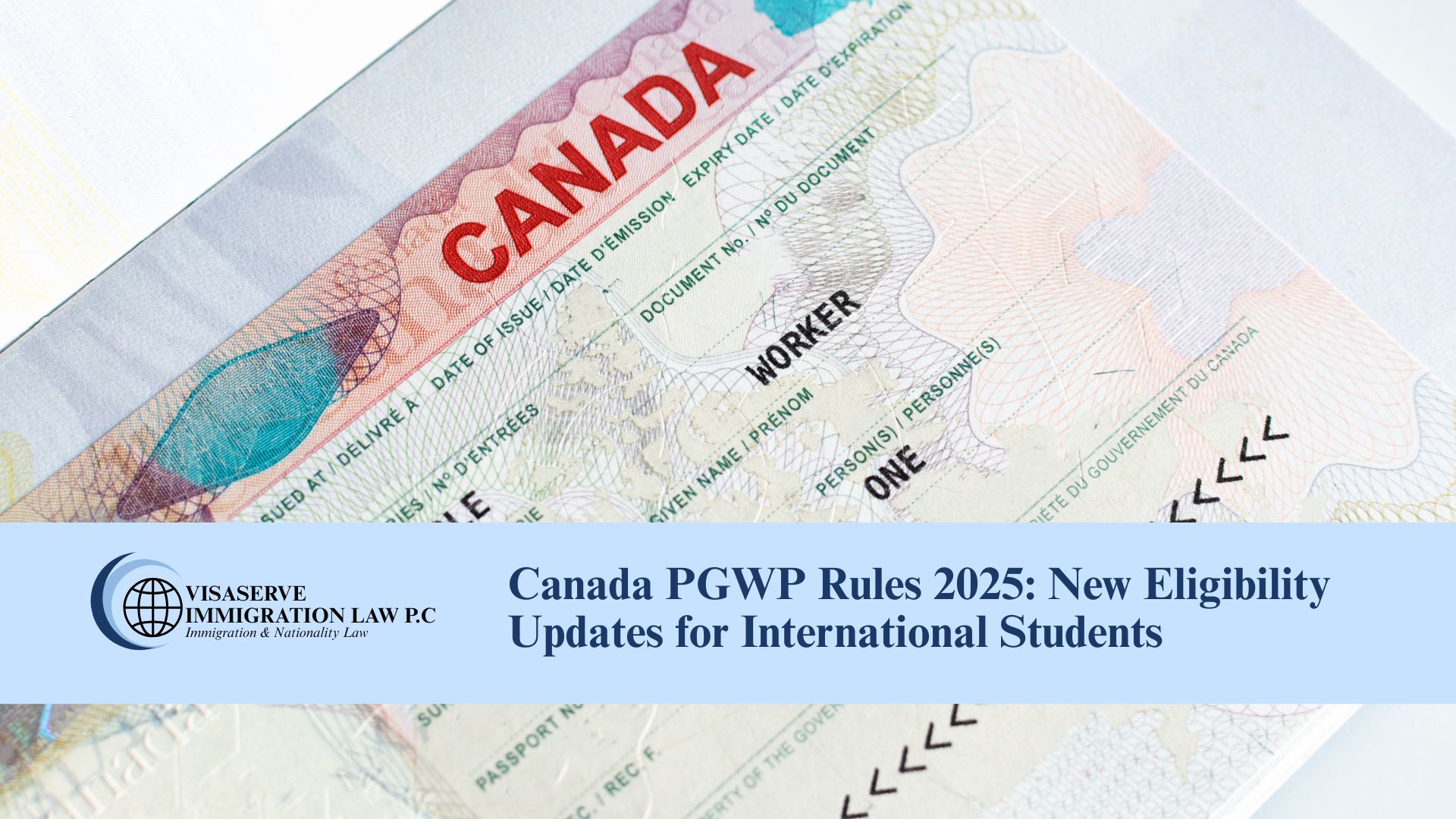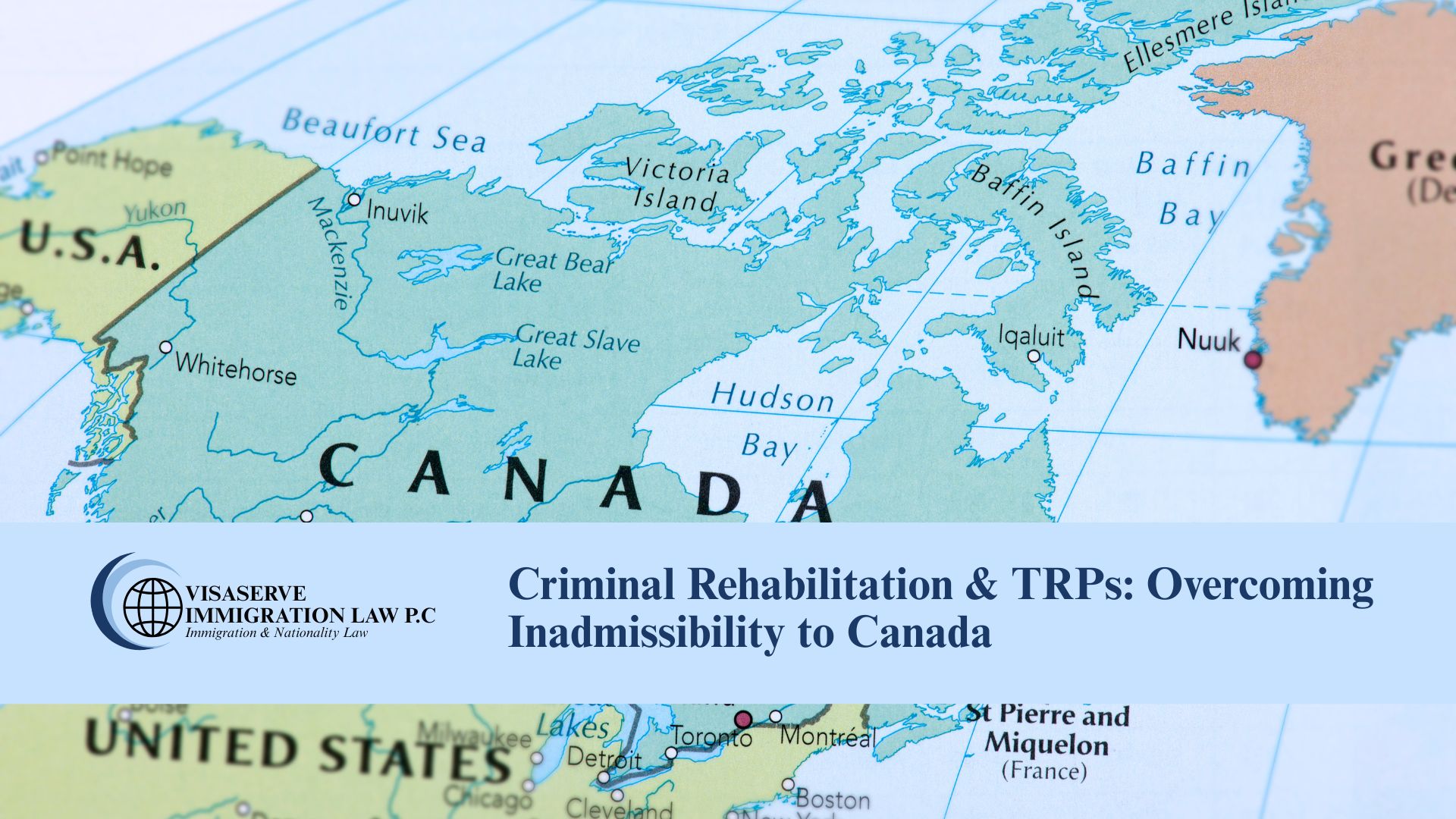In a major development for those known as Lost Canadians, the House of Commons Standing Committee on Citizenship and Immigration has recommended new conditions under Bill C-3, a legislative amendment that seeks to restore citizenship to individuals who lost or were denied it due to past policy restrictions.
This proposed change directly responds to the 2023 Ontario Superior Court ruling, which struck down a Harper-era amendment that limited citizenship by descent to only the first generation born abroad. The court found the restriction unconstitutional, leading the federal government to introduce Bill C-3 to reinstate citizenship rights to affected individuals and their descendants.
Who Are the “Lost Canadians”?
“Lost Canadians” is a term used to describe individuals who — despite having strong ties to Canada — lost or were denied citizenship due to changes in the Citizenship Act over several decades. These include Canadians born abroad who were unable to pass on citizenship to their children because of a 2009 amendment that ended automatic citizenship for second-generation individuals born outside Canada.
What Bill C-3 Proposes
Under the current version of Bill C-3, individuals born abroad to Canadian parents who were themselves born outside Canada would regain the right to citizenship by descent. However, recent amendments introduced at the House of Commons committee stage add new eligibility criteria to balance inclusivity with national interest considerations.
The following key provisions are expected under the revised bill:
-
Residency Requirement:
Eligible individuals must demonstrate a substantial connection to Canada by spending at least 1,095 cumulative days (three years) in the country within a five-year period. -
Language and Knowledge Testing:
Most adults applying for citizenship under this bill will be required to fulfill language proficiency and Canadian knowledge requirements, similar to standard naturalization applicants under the Immigration, Refugees and Citizenship Canada (IRCC) framework. -
Security Screening:
All applicants will undergo security and criminality checks, ensuring that restored citizenship aligns with Canada’s broader safety and integrity objectives.
Government Timeline and Legal Obligation
The federal government faces a court-mandated deadline of November 21, 2025, to finalize and enact Bill C-3. If the law is not passed by this date, government officials have warned that an unknown number of individuals could automatically become Canadian citizens under the court’s ruling — potentially without fulfilling the new conditions outlined by Parliament.
What This Means for Affected Individuals
If passed with the committee’s amendments, Bill C-3 will create a clear, regulated pathway for Lost Canadians and their descendants to reclaim or confirm their Canadian citizenship, while ensuring they maintain a meaningful connection to Canada through residency, integration, and security compliance.
Individuals who believe they may qualify under the proposed legislation are encouraged to monitor updates from Immigration, Refugees and Citizenship Canada (IRCC) and consult an immigration lawyer for tailored guidance.
At Visaserve Immigration Law P.C., we assist clients navigating complex citizenship and immigration matters — from restoring lost status to preparing for new eligibility assessments under Bill C-3.
Our team can:
-
Assess your eligibility under the revised Lost Canadians framework.
-
Guide you through documentation and proof of connection to Canada.
-
Represent you before IRCC and ensure compliance with all procedural requirements.
Contact Visaserve Immigration Law P.C. to determine how Bill C-3 may affect your citizenship eligibility and to begin preparing for the upcoming policy changes.
